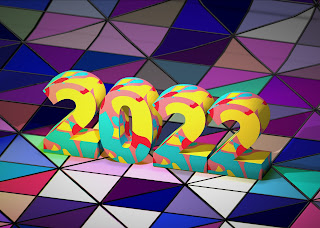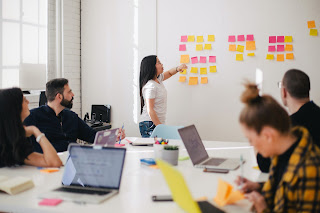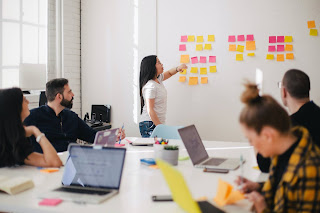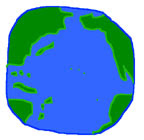MAPDLE Trainer Development: Analysing trainer talk
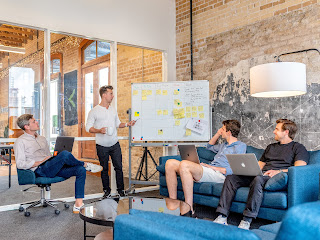
Photo by Austin Distel on Unsplash As part of my MAPDLE MA Trainer Development module, I have to complete 3 assignments. One of them is a really interesting option that has been recently added. It involved recording and transcribing one of your own training sessions and then analyzing your trainer talk for supportive features. If you're a trainer, have you ever thought about the impact your talk has on your participants? The session I chose to record was about how to use authentic materials in your lessons, and it was an online session with four participants. I recorded it on zoom and then used the transcription software, Otter.ai. If you're ever looking for a free transcription tool, I would recommend Otter.ai. Overall, it's pretty accurate, although, of course, you have to go over it carefully and check. There were some ridiculously funny errors! It includes the identification of individual speakers and a time stamp. It's about 80% accurate in my opinion. There
